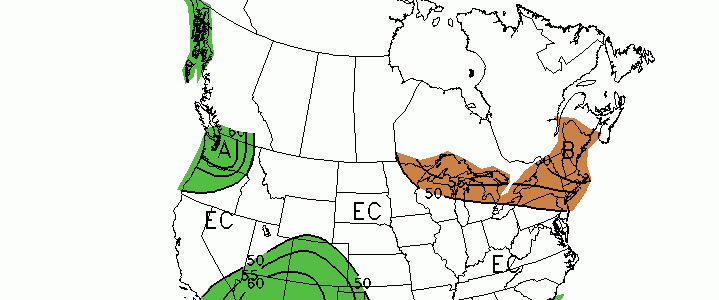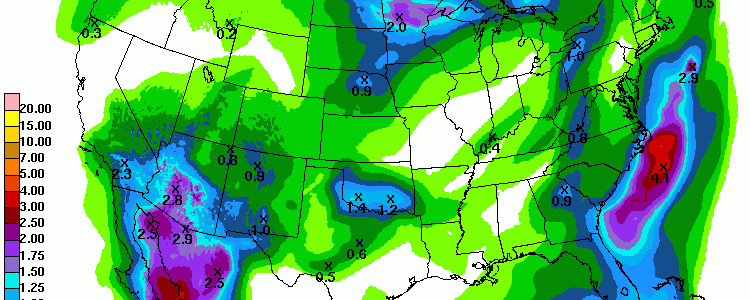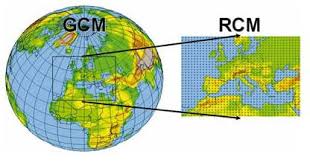Pam Knox
-

Recently I posted a story about nuisance flooding and its projected increase for parts of the Atlantic coast due to El Niño as well as rising sea levels. Here is a good FAQ on what nuisance flooding is and why it is important (link).
-

NOAA’s Climate Prediction Center has a new product available on their main web page at https://www.cpc.noaa.gov/. For the first time, they are publishing experimental 3-4 week climate outlooks that are similar to the 6-10 day and 8-14 day forecasts. You can see the latest forecasts for 3-4 weeks below. They show a high likelihood of above…
-

Our sister blog at “Animal Agriculture in a Changing Climate” has a new post this week on the role that farmers play in the climate change story. You can read it at https://animalagclimatechange.org/victim-contributor-solver/.
-

In this blog I talk a lot about El Niño because it has the most significant impact of any climate cycle on the climate of the Southeast. You might be interested in the history of how El Niño was discovered and why it has the name it has. I read a great article by Julia Busiek in…
-

The latest 7-day QPF shows that most of the Southeast should get less than 1/2 inch of rain in the next week. Saturday and Sunday should be dry for most areas, then a front passing through will bring rain on Monday. As the front moves to the south by midweek, the area most likely to…
Posted in: Climate outlooks -

The Southeast Farm Press reported earlier this week about the devastating impacts of the flash drought that is affecting South Carolina as well as parts of North Carolina and Georgia. Ironically, wet conditions last spring delayed planting of many crops and probably reduced the number of acres of corn planted. Then hot and dry conditions…
-

Cliff Mass of the University of Washington has a good discussion of how we take information from global climate models and make it more useful by feeding the information into regional climate models. While his blog post is focused on the Pacific Northwest, the same principles apply to other regions, including the Southeast. There are…
Posted in: Climate science